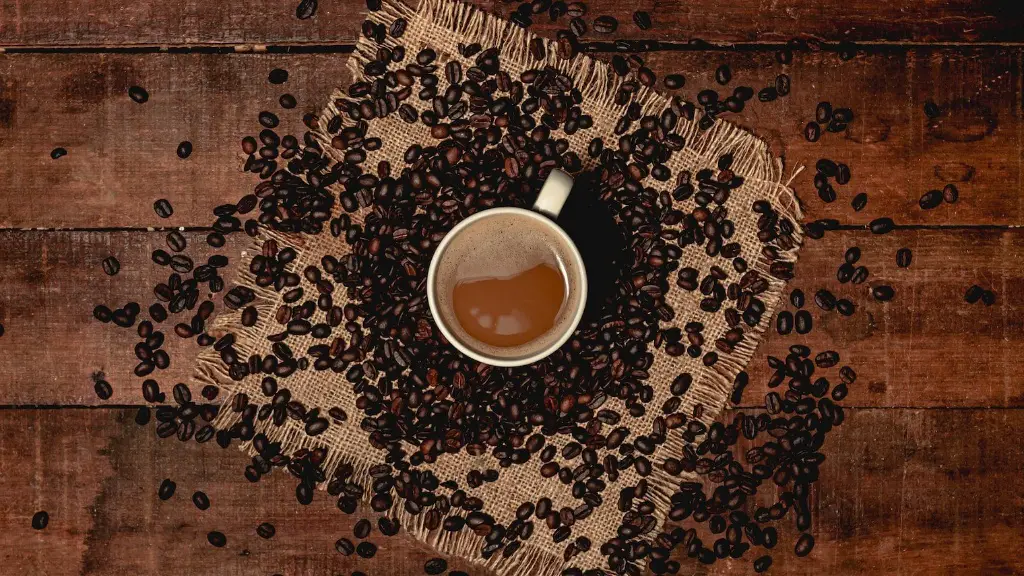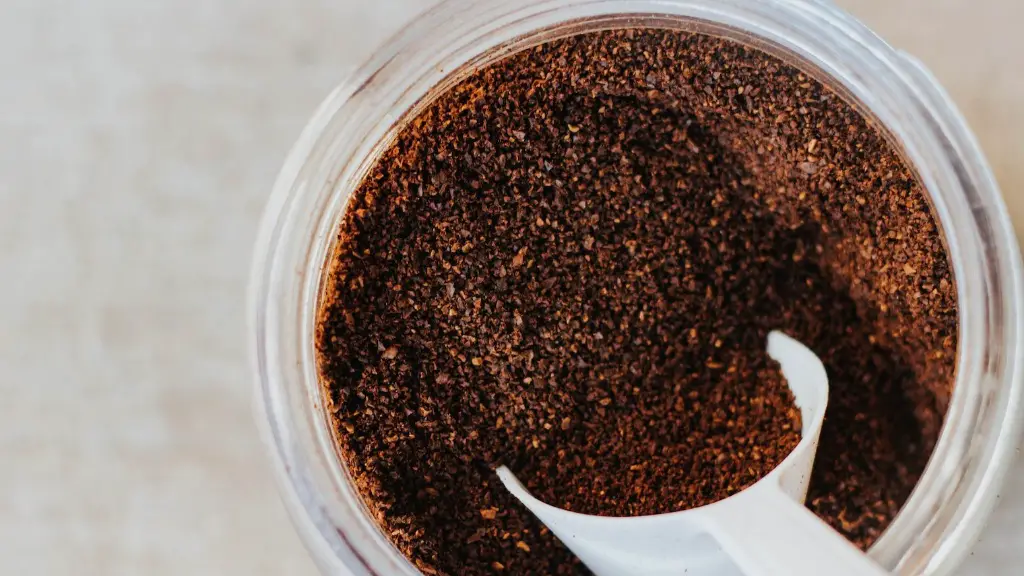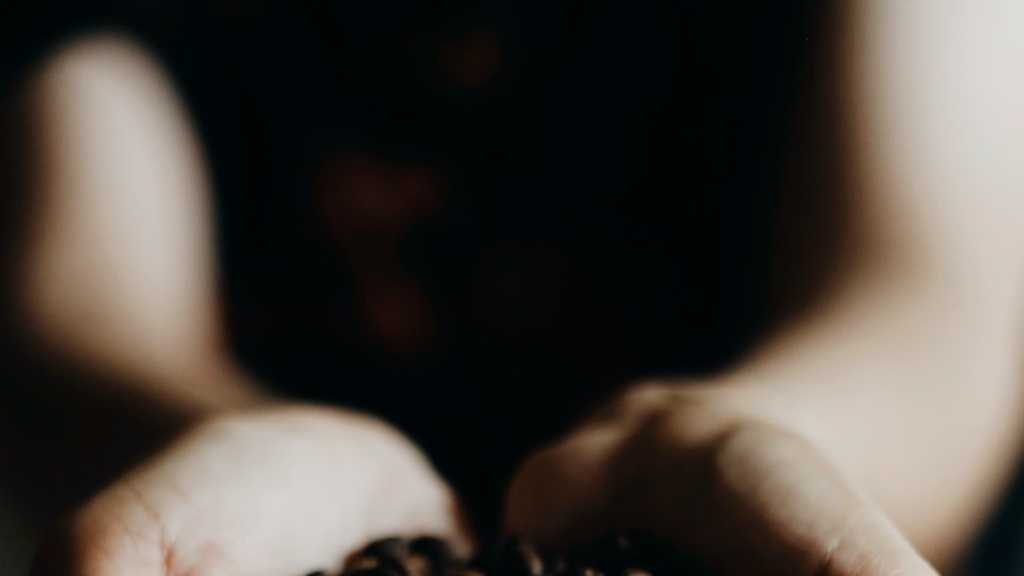When people think about a concussion, traditionally what comes to mind is something as extreme as a blow to the head causing you to lose consciousness or suffer from memory loss. But the reality is, a concussion is any violent force that causes an alteration in mental state. This can come from any type of trauma to the head, such as a severe car accident, sports injury, or a tumbling fall. According to the Centers for Disease Control and Prevention, the number of concussions experienced in the US is increasing, with 1.6 million to 3.8 million being reported each year.
After a concussion, one of the main points to consider is what you can and can’t do. Any activity that involves mental activity or physical exertion, like working out or studying, is typically not recommended. However, there are some activities that you can do, such as light housework or taking a walk. But for some people, the idea of avoiding anything fun or leisurely is a burden. This is why people may wonder if drinking coffee after a concussion is safe.
In theory, a cup of coffee should not be a problem for concussion recovery, as long as it does not interfere with the medications prescribed by your doctor. While some studies indicate that caffeine may help to reduce the symptoms of a concussion, the research remains inconclusive. And according to neurologist Martin Harris, it is recommended to limit caffeine intake during the first few days of the recovery stage, to allow the body to rest and heal. Dr. Harris also states that “moderate caffeine intake is likely ok during recovery, with the advice to proceed cautiously and with moderation”.
In addition to limiting caffeine intake, physicians also suggest that people who have suffered a concussion should look to limit their exposure to noise and bright lights as well. This means that a late night studying while drinking coffee is not ideal during the recovery stage. Instead, doctors recommend that people should get plenty of rest and take it one day at a time. Good sleep, good nutrition, and stress reduction will help the brain heal from the trauma associated with a concussion.
It is important that anyone who has suffered a concussion be honest with their doctor about their symptoms, level of pain, and any other potential issues that come with the concussion. By providing accurate information, your doctor can best assess what your body can and can’t handle. Whatever activity you decide to participate in during recovery, it is always important to listen to your body and pay attention to any symptoms that may arise.
Learning About Different Symptoms
Concussions can lead to a gamut of symptoms, from physical to mental. It takes time for your body to recover, and how long this takes largely depends on the individual and the severity of the injury. Generally, it takes anywhere from a week or two to a few months for full recovery. It is important to stay informed about both the physical and mental symptoms associated with a concussion, and how to distinguish between the two. Knowing these key differences can help you make better choices along your road to recovery.
Physical Concussion Symptoms typically include dizziness, nausea, headaches, vision problems, sensitivity to light and noise, fatigue, and difficulty sleeping. If these symptoms occur, it is important to take it slow and get plenty of rest. Talk to your doctor to address any such issues and to learn how to proceed with your recovery.
Mental Concussion Symptoms are more subtle and may be easy to overlook. These can include difficulty concentrating, confusion, slowed reaction times, memory loss, depression, and anxiety. As with physical symptoms, it is important to seek medical help in order to manage mental issues. A doctor can provide guidance and insight on how to cope with mental health issues associated with a concussion.
Medical Professionals Teaching Safe Habits
It is important to consult medical professionals if you feel you may be suffering from a concussion. A doctor can best assess your symptoms and provide guidance as to what lifestyle changes or medical treatments may be best for you. It’s also important to listen to any advice that is given. Most importantly, remind yourself that a concussion cannot be rushed. Recovery takes time and is something that must be done safely and in proper order.
If you have suffered a concussion, being informed and educated is key. That means being aware of activities and habits that can contribute to your recovery, like drinking coffee, as well as activities and habits that can further injure your ability to heal. Seeking proper medical attention can provide relief and ensure a safe and successful recovery.
Caffeine While on the Road to Recovery
As previously mentioned, caffeine can have a positive effect on concussion recovery, but only if taken with moderation. Drinking too much can lead to more harm than good. It is best to adhere to any advice given by your doctor in regards to caffeine intake, including limiting any late-night cups of joe. That being said, caffeine can still be consumed as long as it does not interfere or affect the medications or treatments prescribed by your doctor.
In addition to considering how much to consume, it is important to think about how the caffeinated beverage will be prepared. According to sports medicine specialist Dr. Carlo Berio, drinking coffee with a sugar and cream combination should be avoided during recovery from a concussion, as sugar and dairy can interfere with the absorption rate of the caffeine. Instead, it is best to opt for black coffee to get the most out of the caffeinated beverage during the recovery process.
Different Caffeinated Beverages to Choose From
When it comes to caffeine, people have many options to choose from. Beyond coffee, there is also tea, energy drinks, soda, and even chocolate. While coffee may be the caffeine drink of choice for some, be sure to consider all of the different caffeinated beverages available to you. Whichever one you choose, remember that moderation and proper preparation is key to keeping safe while on the road to recovery.
Another benefit of considering drinks other than coffee is that all beverages are not created equal. If you are looking for a less intense caffeine jolt, consider tea or a can of soda. Tea is a valuable source of caffeine, as it contains polyphenols — a form of natural antioxidant — that can actually help to protect the brain from damage associated with a concussion.
Staying Hydrated While Avoiding Caffeine Overload
No matter what type of caffeinated beverage you choose, it is smart to combine it with plenty of water throughout the day of your recovery. Staying hydrated is an important and necessary part of the recovery process. It is best to have one caffeinated beverage per day, if possible, and to make sure that there is a combination of water, juice, and smoothies as well. Staying hydrated while limiting caffeinated beverages to one per day can help you in your recovery from a concussion.
Creating Effective Habits After Recovery
An important thing to remember about a concussion is that everyone reacts differently and it takes time for your body to fully recover. Once you successfully reach the end of your recovery period, it is important to create easy and effective habits that will support your body in the future. This means setting realistic goals and taking the time to relax when needed instead of pushing yourself. By consistently making these positive choices, you can effectively and simultaneously maintain a healthy and balanced lifestyle.
A Healthier Resource for Caffeinated Beverages
Coffee can still be an integral part of your lifestyle, even when recovering from a concussion. Consider finding organic, fair-trade coffee to reap the best possible benefits of a caffeinated beverage. This can help to avoid any caffeine overload or potential adverse effects of ingesting pesticide or chemical residue that can be found in some traditionalcoffees.
When it comes to drinking coffee after a concussion, moderation and medical advice should be the key foundation of your decision. Although it is possible to drink coffee during the recovery process, it is also important to be mindful of any potential issues that a caffeinated beverage may cause. Ultimately, the best way to ensure long-term wellness and recovery from a concussion is to practice safe habits, keep in contact with medical professionals, and listen to the advice of your doctor.




